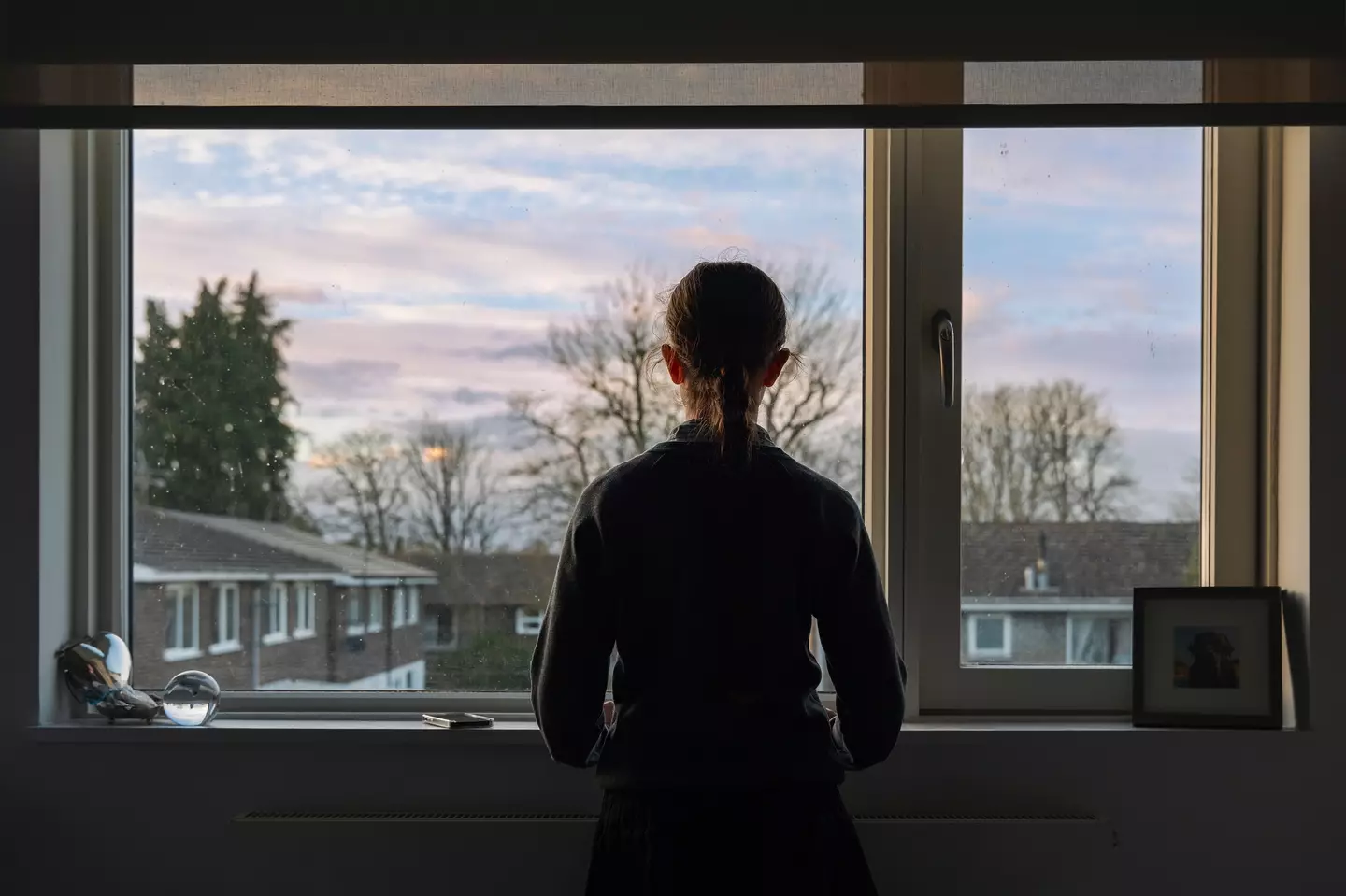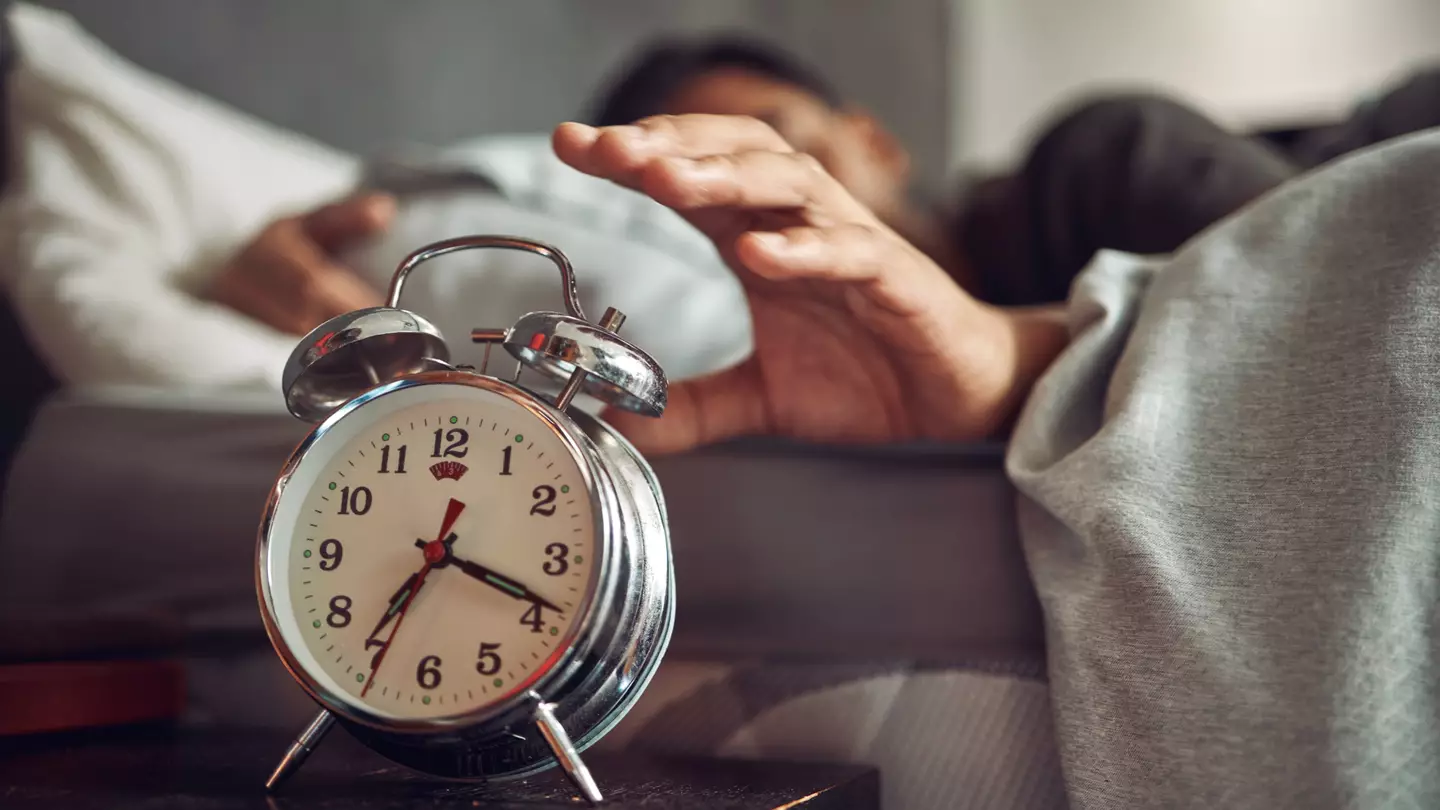Authorities have issued a caution concerning Daylight Saving Time as clocks were set back across the United States on Sunday (November 2).
Daylight Saving Time is observed annually from the second Sunday of March to the first Sunday of November, leading to clock adjustments nationwide.
In March, clocks are advanced from 2:00am local standard time to 3:00am local Daylight Saving Time.
Each year on the first Sunday of November, clocks are reverted from 2:00am local Daylight Saving Time to 1:00am local standard time.
This change gave Americans an extra hour of sleep on Sunday, an advantage that many appreciated after a hectic week.
Nevertheless, various studies have revealed a correlation between the shift back of clocks and an increase in mental and physical health issues.

A study from Sleep Medicine Reviews in 2013 indicated that individuals lose an average of 40 minutes of sleep when clocks revert, a change that some believe should not cause significant disturbance.
One expert has suggested that Daylight Saving Time could be associated with a rise in road accidents and even heart attacks.
As a consequence, biologist Dr. John O’Neill has advocated for the abolishment of these clock changes.
“It’s completely ridiculous that we’re still living with this anachronism,” he stated.
Immediately following the clock adjustment, many might observe that days seem significantly shorter and nights longer.
With the sun setting earlier, scientists warn it may hinder serotonin production, potentially resulting in increased instances of seasonal affective disorder (SAD).

SAD can intensify pre-existing negative emotions, making them more pronounced during the darker, colder months, or cause them to emerge for the first time.
The concept of daylight saving was first introduced by New Zealand scientist George Hudson in 1895. However, it wasn’t implemented until near the end of World War I.
The Library of Congress notes that President Woodrow Wilson enacted the Standard Time Act in 1918 to conserve energy by extending afternoon daylight and reducing electricity usage.
It became a legal requirement with the passage of the Uniform Time Act in 1966.
If you or someone you know is facing a crisis, assistance is available through Mental Health America. You can call or text 988 to reach a 24-hour crisis center or chat online at 988lifeline.org. Alternatively, contact the Crisis Text Line by texting MHA to 741741.

